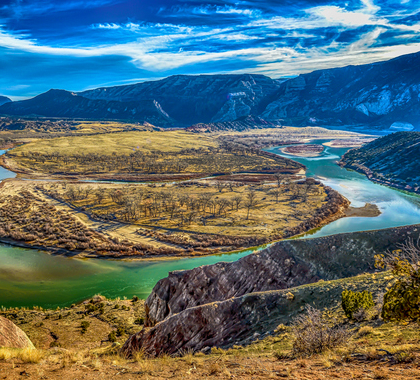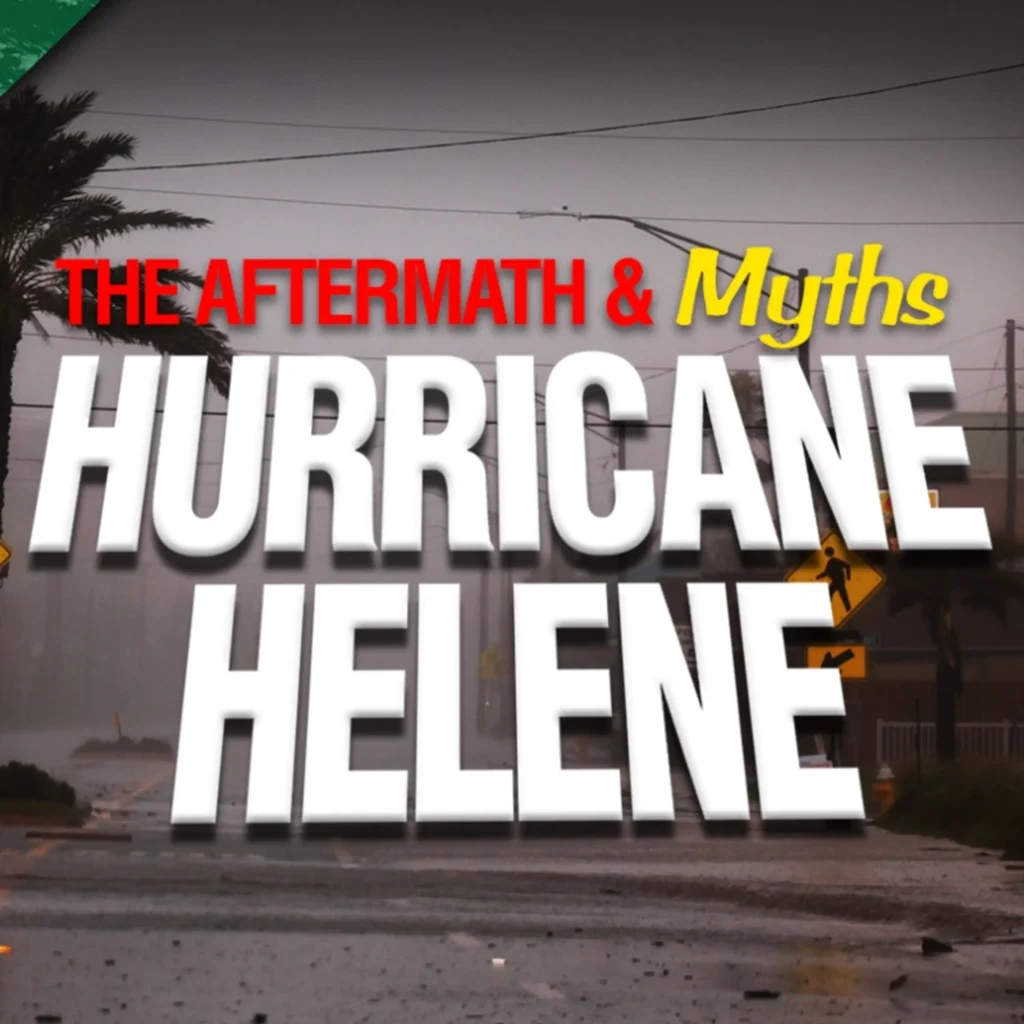A sweeping public lands conservation bill that would lock up more than one million acres in California, New Mexico, Oregon, and Utah as wilderness and impose additional permanent protections on federal lands in Montana, Washington, and other states passed the U.S. Senate.
The Natural Resources Management Act (NRMA) includes provisions from 170 previously proposed bills and affects virtually every state. Among its provisions, it designates 1.3 million acres as wilderness and permanently reauthorizes the Land and Water Conservation Fund, which draws revenues from offshore oil and gas drilling, to purchase land for federal ownership. Roads and motorized vehicles would be prohibited on the newly declared wilderness areas, along with other restrictions on their use and enjoyment.
Restrictions would also be imposed on the use of more than 200 miles of a river traversing Massachusetts and Connecticut, and almost 300 miles of rivers in Oregon that NRMA declares “wild, scenic, or recreational.”
The bill passed in March would also create three new national monuments: the Medgar and Myrlie Evers Home National Monument in Jackson, Mississippi and the Mill Springs National Monument and Camp Nelson National Monument, both in Kentucky.
The next stop for the bill is the House of Representatives, where it enjoys bipartisan support.
Absentee Fed Ownership
The federal government already owns too much land in Western states, says John Charles, president of the Cascade Policy Institute.
“The federal government owns 55 percent of Oregon, so we’re already a colony of Washington, D.C.,” Charles said. “Most federal land sits there waiting for a catastrophic forest fire because you can’t really do anything with it.
“In my mind there is no reason for any state to have more than half its land mass owned by the feds,” said Charles.
Criticizes Feds’ Land Management
The federal government has already demonstrated it owns too much land to manage properly, says Charles.
“From my standpoint, it’s very obvious the federal government has been a very poor manager of the lands it controls,” Charles said. “The legal overlay the U.S. Forest Service, the Bureau of Land Management, and other land management agencies have to work under results in vast areas of land waiting around for a catastrophic wildfire due to improper management.
“When you have lands where there’s something unusual or unique, maybe a wilderness designation is justified, but many of these areas just don’t have such unique features,” Charles said.
Calls for Transfer to States
Charles says governors and legislators from western states should strongly encourage their colleagues from eastern states to transfer some of the federal government’s holdings to state or private ownership.
“It would be great if the feds would transfer at least some federally owned land to the state of Oregon or simply auction them off to private purchasers,” said Charles. “That would be much better than leaving them to rot or burn under federal management. Members of Congress from Delaware, New Jersey, Rhode Island, Vermont, etc., really can’t understand Oregon and other western states have counties owned almost entirely by the federal government that are bigger than entire states back east.
“They really can’t imagine what it’s like to have such vast parts of the state owned by a bureaucracy headquartered 3,000 miles away,” Charles said. “There’s such a crying need to shrink the federal footprint across the West, and it would be great if western-state governors and western members of Congress could persuade their peers elsewhere to make changes that would be better for the lands and the people living near them.”
Federal ‘Maintenance Backlog’
Putting even more land under federal control makes little sense, says Paul J. Gessing, president of the Rio Grande Foundation.
“New Mexico is already more than 40 percent owned by the federal government,” said Gessing. “Yet, radical environmentalists and the politicians they manage to get elected support locking even more land up under federal control.
“The Rio Grande Foundation is comfortable with national parks and some other pristine and unique lands being under federal control, but more of New Mexico’s land mass seems to be locked up by Washington every few years, which is ridiculous since the Department of the Interior already has a $16 billion maintenance backlog on the lands the federal government already owns but can’t take care of,” Gessing said. “There is no reason to give them even more New Mexico land or to take more land out of productive economic use.”
Kenneth Artz ([email protected]) writes from Dallas, Texas.





